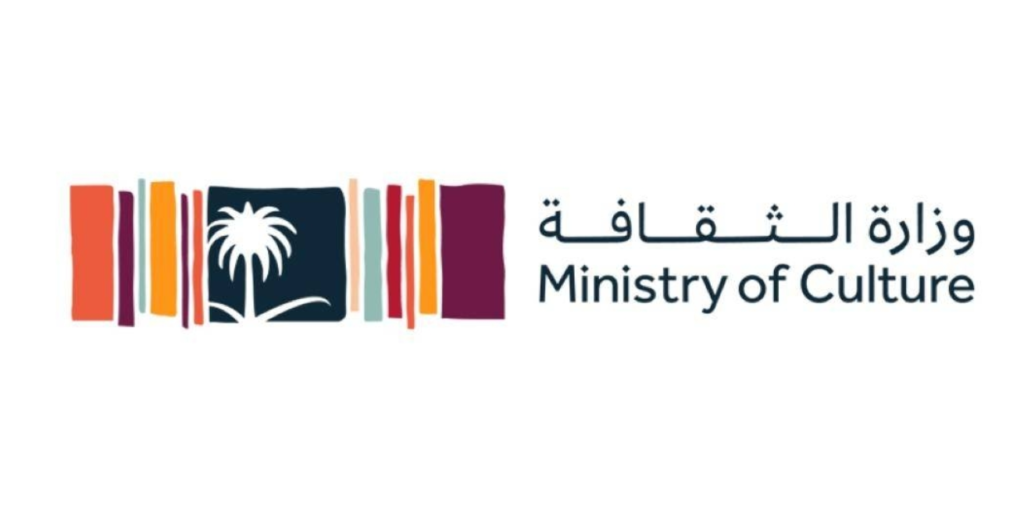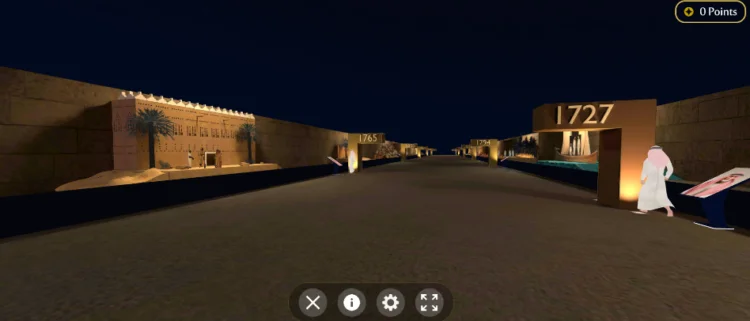On the nation’s founding day, the Saudi Arabian Ministry of Culture launched a cultural metaverse devoted to exhibiting and preserving the nation’s cultural heritage.

Cultural Universe, a metaverse initiative of the Saudi government that guides users through the country’s extensive history beginning in 1727, went live on February 22. droppGroup’s Generative Media Intelligence artificial intelligence (AI) system droppPhygital constructed the metaverse using Oracle’s Hyperledger Fabric 2.5 blockchain technology.

The virtual environment adopts a first-person shooter format to assist users in navigating the metaverse. Users can traverse a shared pathway with fellow users while investigating the information exhibited on opposing sides of the path.
Approaching the virtual depictions of historical events elicits an audio voice that comprehensively explains the event. Although available in Arabic only, the audio does not support English.
The Cultural Universe also encompasses mini-video games and additional sectors devoted to history, art, cuisine, and handicrafts associated with Saudi heritage.
Using a supported mobile device, website, virtual reality apparatus, or other digital device, the service is accessible without charge. Official statement from the Saudi government:
“This cross-platform compatibility embodies the Ministry of Culture’s commitment to inclusivity, enabling a diverse global audience to explore and engage with the rich history of Saudi culture.”
The Saudi Ministry of Culture‘s responsibility is to foster contemporary artistic expression and preserve the country’s cultural heritage, is to describe the metaverse as a “transformative moment” and a cultural revolution.
Samuel Huber, CEO of LandVault, a metaverse company that collaborates with multiple government agencies in the Middle East, stated that Saudi Arabia, like the rest of the Middle East, has passed the “era of hype” surrounding the metaverse and is about to capitalize on the technology to boost their economies.
Huber told Cointelegraph that the metaverse entails the integration of three-dimensional experiences into websites. His further statement was:
“What we found is the biggest segment are the governments in the Middle East, especially the UAE [United Arab Emirates], Saudi and Qatar, which are trying to digitalize their infrastructure and create really interesting economies for their citizens.”
The metaverse, he continued, is “one of those pillars” that the Middle East is focusing on for economic expansion, alongside blockchain and AI.
